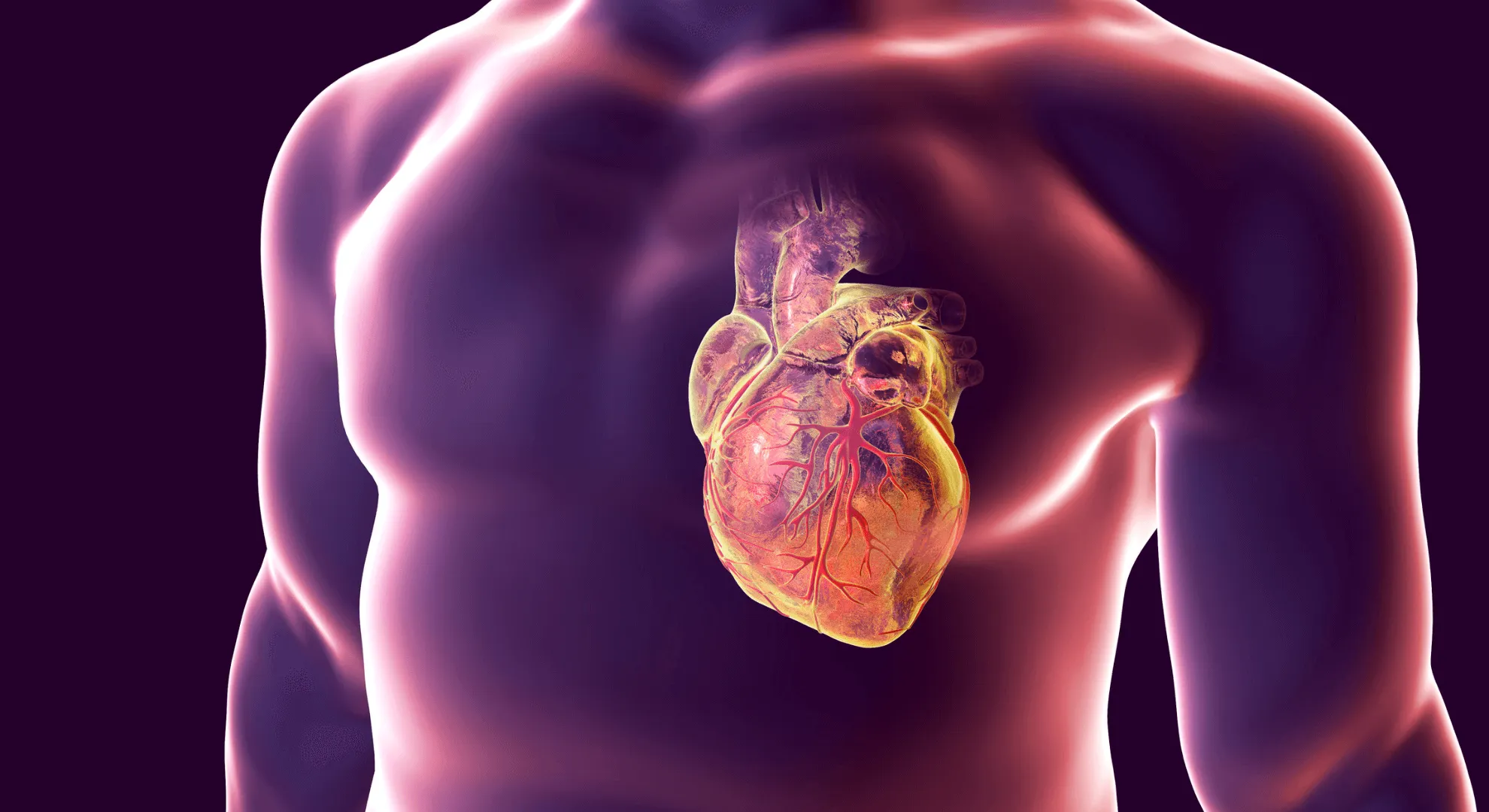
Myocarditis is a condition that involves inflammation of the heart muscle, affecting its ability to pump blood efficiently. This inflammation can result from various causes, including viral infections, autoimmune diseases, and exposure to certain toxins. At Biodiagnostiki, we aim to provide valuable information about myocarditis to empower individuals with knowledge about this condition and promote early detection and effective management.
Causes:
Myocarditis can be triggered by a variety of factors, with viral infections being the most common. Viruses such as enterovirus, adenovirus, and parvovirus B19 are known to be associated with myocarditis. Other causes may include bacterial and fungal infections, exposure to certain medications, and autoimmune diseases where the immune system mistakenly attacks the heart muscle.
Symptoms:
Identifying the symptoms of myocarditis is crucial for early intervention. Common symptoms include:
Diagnosis:
To diagnose myocarditis, healthcare professionals may use a combination of medical history, physical examination, blood tests, imaging studies (such as MRI or echocardiogram), and sometimes a heart biopsy. Early diagnosis is essential to prevent complications and initiate appropriate treatment.
Treatment:
The treatment of myocarditis depends on the underlying cause and severity of the condition. It may include:
Prevention:
While myocarditis may not always be preventable, adopting a healthy lifestyle, practicing good hygiene, and staying up-to-date on vaccinations can reduce the risk of viral infections that may lead to myocarditis.
Conclusion:
At Biodiagnostiki, our dedicated team of healthcare professionals is committed to providing comprehensive care for individuals with myocarditis. By raising awareness and promoting early detection, we aim to improve outcomes and enhance the quality of life for those affected by this condition. If you suspect you or a loved one may be experiencing symptoms of myocarditis, don’t hesitate to reach out to our experienced medical team for personalized care and guidance.
